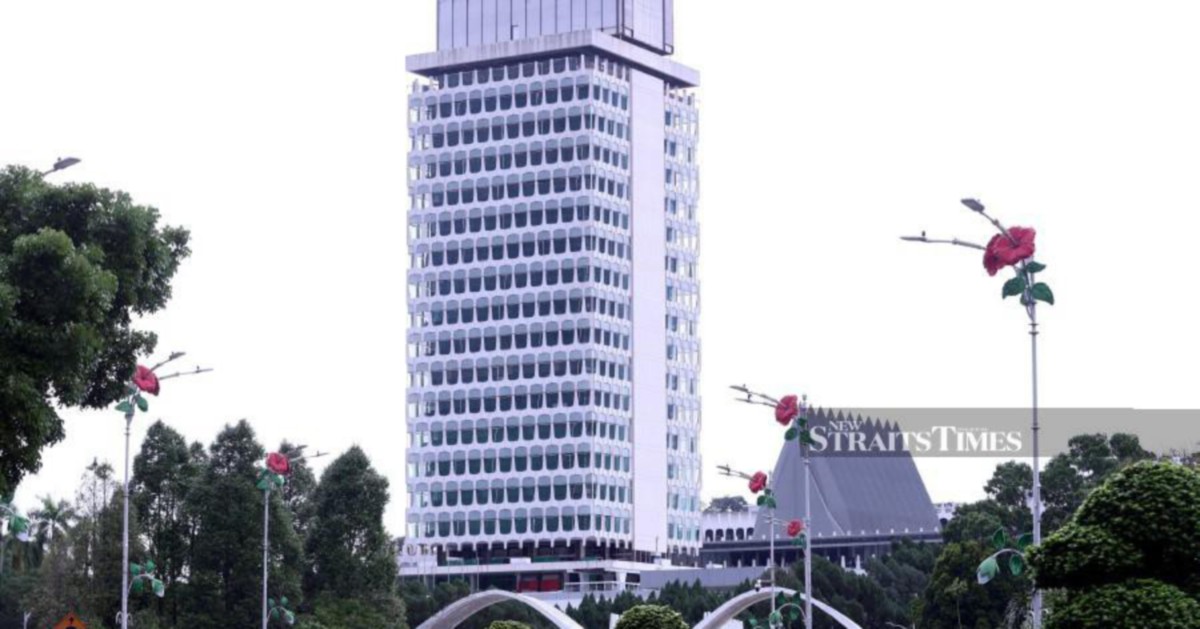Dewan Negara passes Fisheries Bill to curb illegal fishing, boost food security
Iylia Marsya Iskandar
KUALA LUMPUR: The Fisheries (Amendment) Bill 2025 has been passed in the Dewan Negara, strengthening enforcement against illegal, unreported, and unregulated (IUU) fishing and the intrusion of foreign vessels.
In his winding-up speech, Deputy Agriculture and Food Security Minister Datuk Arthur Joseph Kurup said the Bill was a manifestation of the Madani Government’s commitment to defending national maritime sovereignty, ensuring the sustainability of marine resources, and safeguarding food security.
He said the amendments include a new Subsection 13(3A), which empowers the Director-General to prevent individuals whose licences have been revoked from reapplying for up to five years.
This serves as a deterrent to protect national fishery resources and is considered a heavy penalty to stop offenders from repeating violations, he said.
“However, this period may be reduced depending on the case—for example, to one month, one year, or two years—if the applicant demonstrates genuine commitment to complying with regulations and does not reoffend,” Arthur said.
He said 15 licences were revoked for various offences between 2020 and 2024, primarily for encroaching into prohibited zones and breaching licence conditions.
Meanwhile, an amendment to Section 41 stipulates that marine parks and reserve areas can only be gazetted and degazetted after strict scientific studies, engagement with multiple agencies, and advice from the National Advisory Council.
If an existing area is degazetted, replacement areas of equal or greater size must be designated, he said.
Arthur said Malaysia has achieved 5.39 per cent (29,076 km²) of marine protected areas and is committed to reaching the 10 per cent target by 2030, in line with SDG 14.
He added that the National Physical Planning Council, which is chaired by the Prime Minister, has also recommended the gazettement of new areas to meet the remaining 4.61 per cent target.
He said the amendments also address emerging challenges such as marine pollution, where under Section 56C, the Director-General has the authority to prohibit fishing activities in polluted areas.
Through Section 6A, he said, the Department of Fisheries now has the power to obtain scientific data and fisheries information from the industry.
Arthur said reliable data is the foundation of government intervention policies, especially in addressing food security challenges and global climate uncertainties.
Meanwhile, he said, the government recognises that Sabah and Sarawak hold a highly strategic position in advancing the national food security agenda through the fisheries sector.
To this end, he said, both states are being empowered with infrastructure and technological development, as well as strengthened governance, including the establishment of One-Stop Centres to speed up management and reduce bureaucratic red tape.
“This approach reflects how the Madani Government is not merely providing allocations but also placing trust, reinforcing autonomy, and instilling confidence that Sabah and Sarawak are equal partners in building the nation’s future.
“With greater authority and sustainable development support, both states will become key pillars in strengthening the national food security agenda, in line with Malaysia’s Blue Economy aspirations,” Arthur said.
The Fisheries (Amendment) Bill 2025 was passed in the Dewan Rakyat on July 29.
ENDS
© New Straits Times Press (M) Bhd






